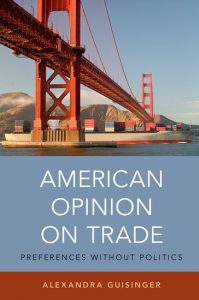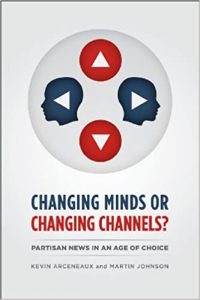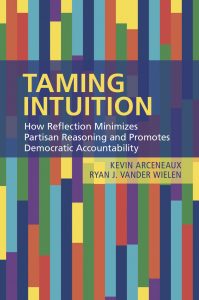
Published by: NYU Press. Buy Here
In Marked Men, Nyron N. Crawford offers a novel perspective on political scandal,
corruption, and racial politics in the United States. Contrary to traditional beliefs that politicians are forgiven for their transgressions because of the benefits they provide their constituents, Crawford argues that Black Americans view political misdeeds by Black elected officials through a lens of suspicion towards the criminal legal system.
Crawford’s work reveals that Black Americans often question the motivations behind investigations and indictments of Black politicians, expressing concern that such actions by the state are intended to undermine, embarrass, and harass Black leaders. Through a mixed-method approach including experiments, case studies, and survey data, Crawford illustrates that racialized suspicion shapes the way Black voters rally to protect their embattled Black political representatives.
The book challenges conventional wisdom by highlighting how a tolerance of corruption is not the driving force behind the support for wayward politicians. Instead, racialized mistrust of the criminal justice system plays a pivotal role. By shedding light on this dynamic, Marked Men examines the complexities of political scandals and the intricate interplay between race and politics in contemporary America. The study calls for a deeper understanding of the motivations and attitudes of Black voters, prompting readers to reconsider prevailing assumptions about political accountability and forgiveness in the context of race.
Taming Intuition: How Reflection Minimizes Partisan Reasoning and Promotes Democratic Accountability
Kevin Arceneaux & Ryan J. Vander Wielen, (2017)
The success of democratic governance hinges on an electorate’s ability to reward elected officials who act faithfully and punish those who do not. Yet there is considerable variation among voters in their ability to objectively evaluate representatives’ performance. In this book the authors develop a theoretical model, the Intuitionist Model of Political Reasoning, which posits that this variation across voters is the result of individual differences in the predisposition to reflect on and to override partisan impulses.
Individuals differ in partisan intuitions resulting from the strength of their attachments to parties, as well as the degree to which they are willing to engage in the cognitively taxing process of evaluating those intuitions. The balance of these forces – the strength of intuitions and the willingness to second guess one’s self – determines the extent to which individuals update their assessments of political parties and elected officials in a rational manner.
 American Opinion on Trade: Preferences without Politics
American Opinion on Trade: Preferences without Politics
Alexandra Guisinger, (2017)
The book builds upon prior research on the salience of trade to explain why trade has fallen out of political discourse in recent campaigns, despite a growing divide between public opinion and US trade policy. Although trade policy once defined U.S. political parties, many politicians now attempt to avoid the topic of trade and few political entrepreneurs seek to disturb this silence. Prof. Guisinger identifies previously overlooked sources of protectionist sentiment such as gender and race-based employment concerns and race-based ideas about which groups deserve redistribution. She shows the difficulties politicians face in mobilizing sentiment based on these or previously identified determinants of opinion and the potential political dangers of attempts to move public opinion on trade closer to current policy on trade.
 Changing Minds or Changing Channels?: Partisan News in an Age of Choice
Changing Minds or Changing Channels?: Partisan News in an Age of Choice
Kevin Arceneaux & Martin Johnson, (2013)
We live in an age of media saturation, where with a few clicks of the remote—or mouse—we can tune in to programming where the facts fit our ideological predispositions. But what are the political consequences of this vast landscape of media choice? Partisan news has been roundly castigated for reinforcing prior beliefs and contributing to the highly polarized political environment we have today, but there is little evidence to support this claim, and much of what we know about the impact of news media come from studies that were conducted at a time when viewers chose from among six channels rather than scores.
Through a series of innovative experiments, the authors show that such criticism is unfounded. Americans who watch cable news are already polarized, and their exposure to partisan programming of their choice has little influence on their political positions. In fact, the opposite is true: viewers become more polarized when forced to watch programming that opposes their beliefs. A much more troubling consequence of the ever-expanding media environment is that it has allowed people to tune out the news: the four top-rated partisan news programs draw a mere three percent of the total number of people watching television. Overturning much of the conventional wisdom, Changing Minds or Changing Channels? demonstrate that the strong effects of media exposure found in past research are simply not applicable in today’s more saturated media landscape.
